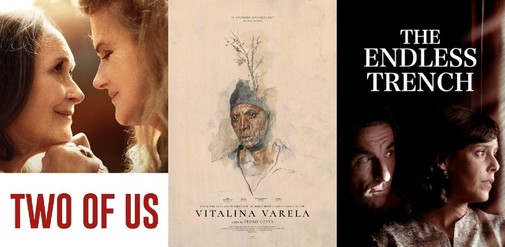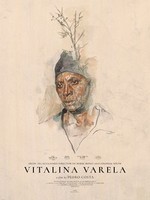Best International Feature: France, Portugal, Spain
 Sunday, January 24, 2021 at 7:00PM
Sunday, January 24, 2021 at 7:00PM Europe is the most represented continent in the history of the Best International Feature Oscar. However, while some of its countries are regularly honored, others have been submitting for decades without luck. France, for instance, is the reigning champion of the category, having been nominated forty times. In contrast, Portugal - my country – holds the record for the most submissions without a single nod. For this chapter in our trip through world cinema, we arrive at these two nations' 2020 submissions as well as Spain's Netflix contender…







